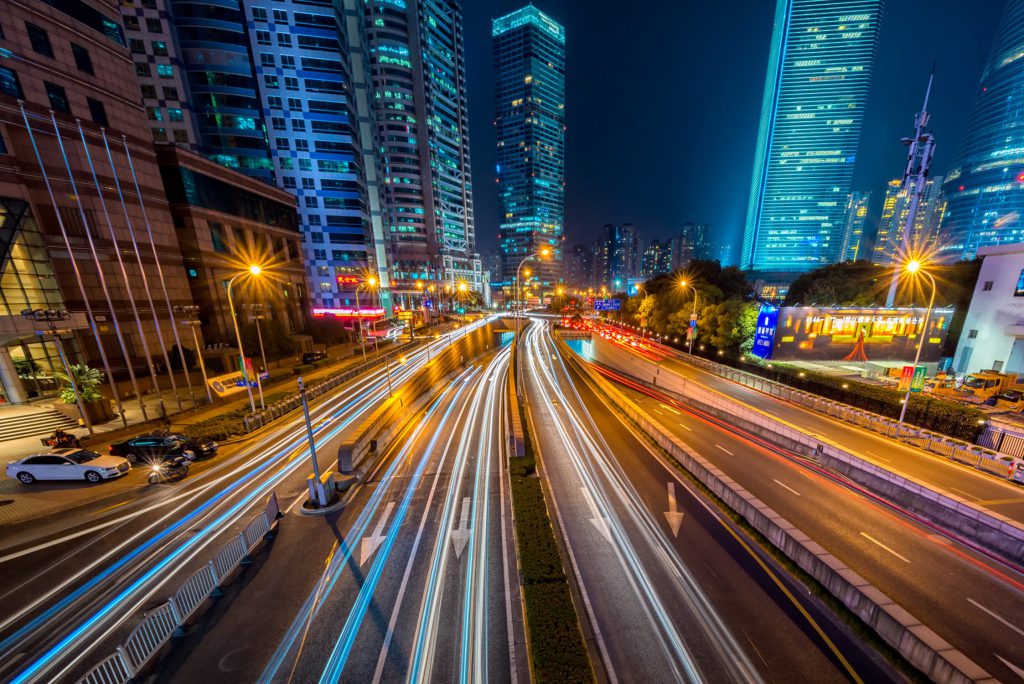They’re not about flying cars or having humanoids as personal assistants. Smart cities are urban developments that respond to basic needs while conforming to the principles of sustainability.
Smart cities belong to the future, but we’ve already taken the first steps. Sustainability is the ability to maintain a balance between the resources used and those produced for ecological purposes.
If we wish to take care of our only home, it is important to instil environmental and social practices.
Cities such as London, Tokyo, Zurich, Paris and bustling New York are steering their public policies towards the creation of infrastructure and technology that reduce electricity consumption and cut CO2 emissions.
These public policies include such simple measures as installing photovoltaic panels in communities, solar panels to power traffic lights and road signs, wind turbines and promoting the use of bicycles as an alternative means of transport.

What makes a city smart?
For a city to be considered smart, it has to meet a number of requirements:
- human capital: education for all its inhabitants at the various stages of their lives;
- social aspects: harmony among its inhabitants, tending towards solidarity and cohesion;
- infrastructure and energy: alternative, non-polluting sources of electricity;
- technologies: efficient electronic communication and internet;
- transport: efficient, non-polluting mobility.
Smart cities belong to the future, but we’ve already taken the first steps.
Basically, a city will be smart when it reaches optimum levels of quality of life and economic and environmental development and when it has a participative government, prudent management of its natural resources and appropriate use of its citizens’ time.
Why are smart cities necessary? Because we only have one planet. If we wish to take care of our only home, it is important to instil environmental and social practices. Let’s make wise use of the technologies. If we all work together we can improve our planet.

